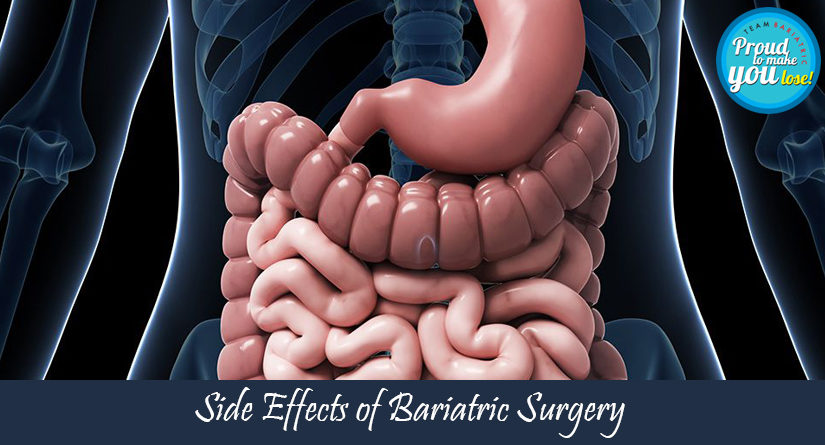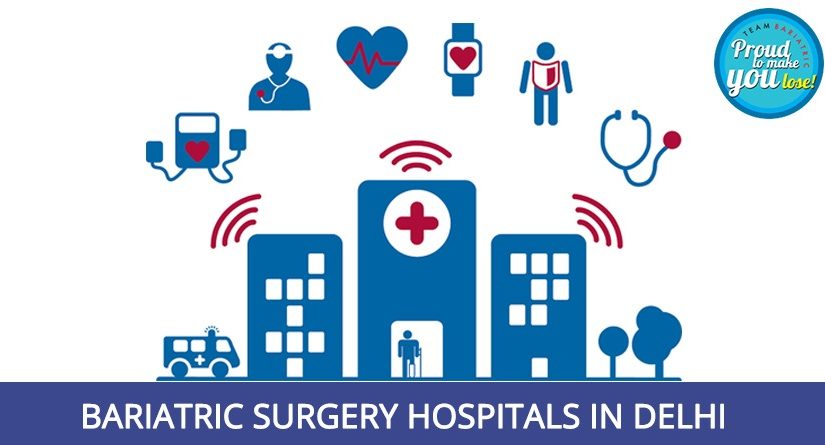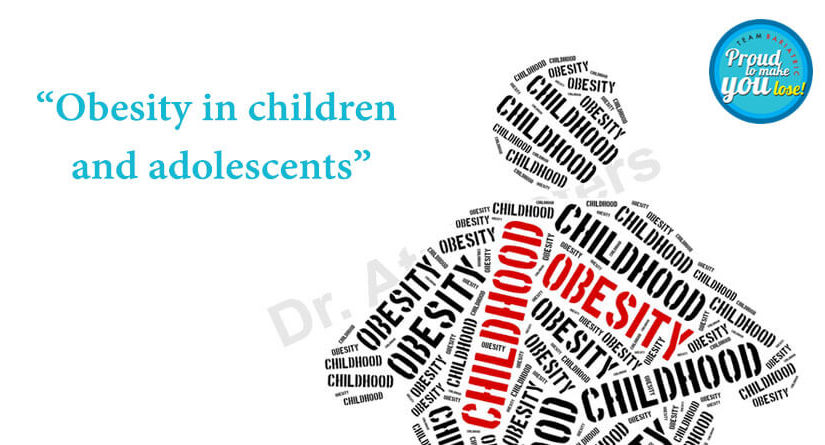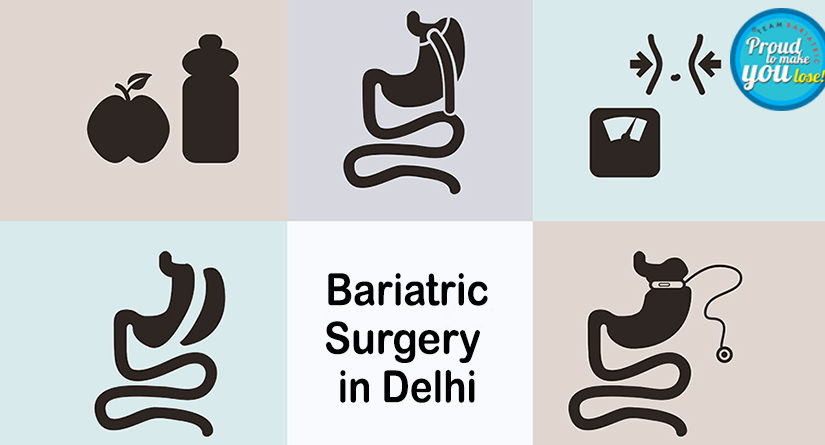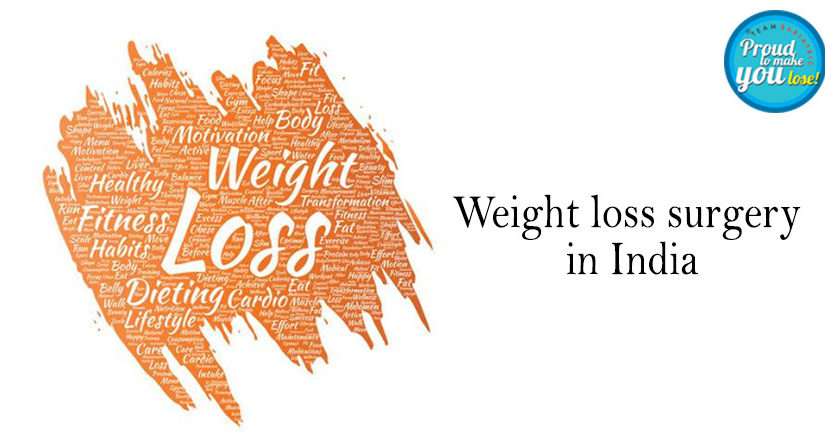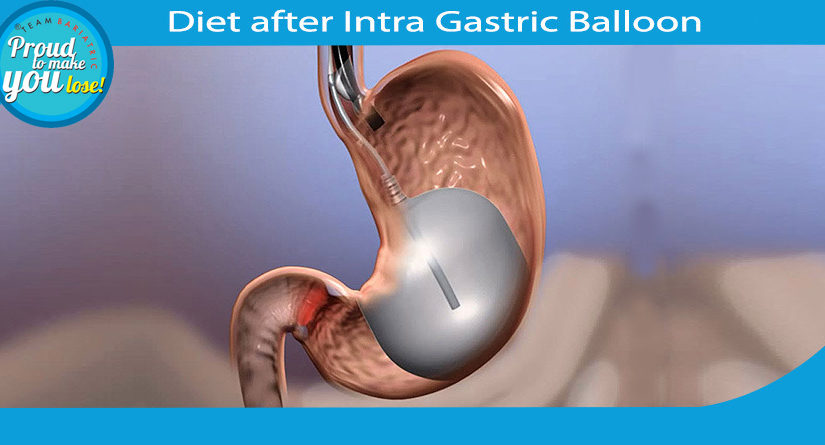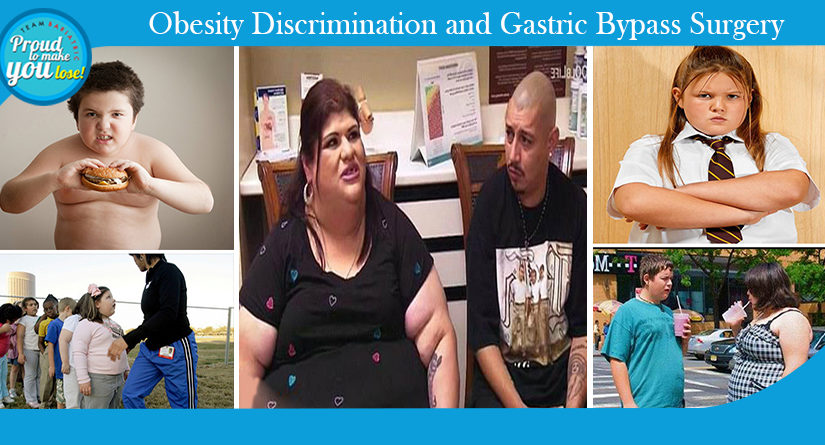The Comprehensive Benefits of Weight Loss: Health, Lifestyle, and Social Gains
If you are overweight or obese and planning to lose weight, it’s important to understand the benefits of losing weight. Actually, weight loss has to be pleasing or it isn’t sustainable. You are either stressed or relaxed. Anything stressful will give you a stress response. Find things that are enjoyable and use it to construct a healthier lifestyle.
Every weight loss plan falls apart at the seams at some point. Therefore, to set yourself up for favorable outcome, understanding the extended weight loss benefits that help to keep you motivated after Bariatric Surgery (Weight loss surgery) include Health benefits, lifestyle benefits, and social benefits. There are different approaches to losing weight depending on your BMI and health issues. A BMI greater than 32.5 with one or more significant obesity-related medical conditions or a BMI 35 and above can be taken up for Bariatric Surgery (Weight loss surgery).
Diet and exercise would work for people with a BMI less than 32.5 but beyond this Bariatric Surgery (Weight loss surgery) is recommended for realistic, sustainable, and long-term results. This also means that surgery is more likely to improve the health conditions connected to obesity.
Health Benefits of Losing Weight
- Lowers the risk of some types of cancers
- Lowers the risk of / resolves Diabetes
- Decreases the risk / resolves Hypertension
- Improves / resolves Lipid profile
- Reduces / resolves backache
- Improves Fertility
- Reduces the symptoms of Arthritis (Osteoarthritis)
- Lowers the risk of Cardiovascular disease
- Improves breathing
- Reducing the risk of Kidney disease
- Decreases risk of / resolves Sleep Apnea
- Reduces risk of a weak bladder (in women)
- Decreases/resolves Joint pains Reduces symptoms of Gastric Reflux
- Reduces the risk of Stroke
- Reduces the risk of varicose vein or DVT
- Improves mobility
Your doctor will inform you more information about the health benefits you can expect when you lose weight. He may also recommend a dietician and physical activity post Bariatric Surgery.
Lifestyle Benefits of Losing Weight
- Better Hormonal Imbalance
- Better Sleep
- Clearer and brighter skin
- Increased sexual performance
- Improved memory
- Active social life
- Stress relief
- More confident
- Improves vitality
- Better wardrobe
- Less medications
- Better mood
- Improves energy level
For many people, their weight defines how they feel about themselves. Our body image states how we connect with others, and our confidence, and it affects how healthy we feel going about our daily lives. Apart from the medical benefits of weight loss, you will also experience an improved lifestyle.
Social Benefits of Weight Loss
- More comfortable in your body
- Moving around is easier
- Satisfaction of knowing you look your best
- You can focus on improving yourself in other ways
- Decreases the perspiration levels
- Being confident in a group
The social benefits of weight loss are mostly very substantial short-term motivators. However, these incline to be less potent at sustaining long-term lifestyle change because they often are geared towards short-lived events, such as some social function. Positive changes in lifestyle that are not externally imposed may more likely be able to sustain themselves over time.
Enjoying the Benefits of Weight Loss
If you decide that there are significant reasons for you to lose weight, then there’s no time like the present to start your weight loss journey. Our physique dictates how we feel about ourselves and that lightens up our confidence. Your first step should be to set a reasonable goal. Then make small changes to your daily routine and eating habits.
Suffering from being overweight and wanna lose weight through bariatric surgery? consult us at Smart Cliniqs as we have the team of the best bariatric surgeons in Delhi.




